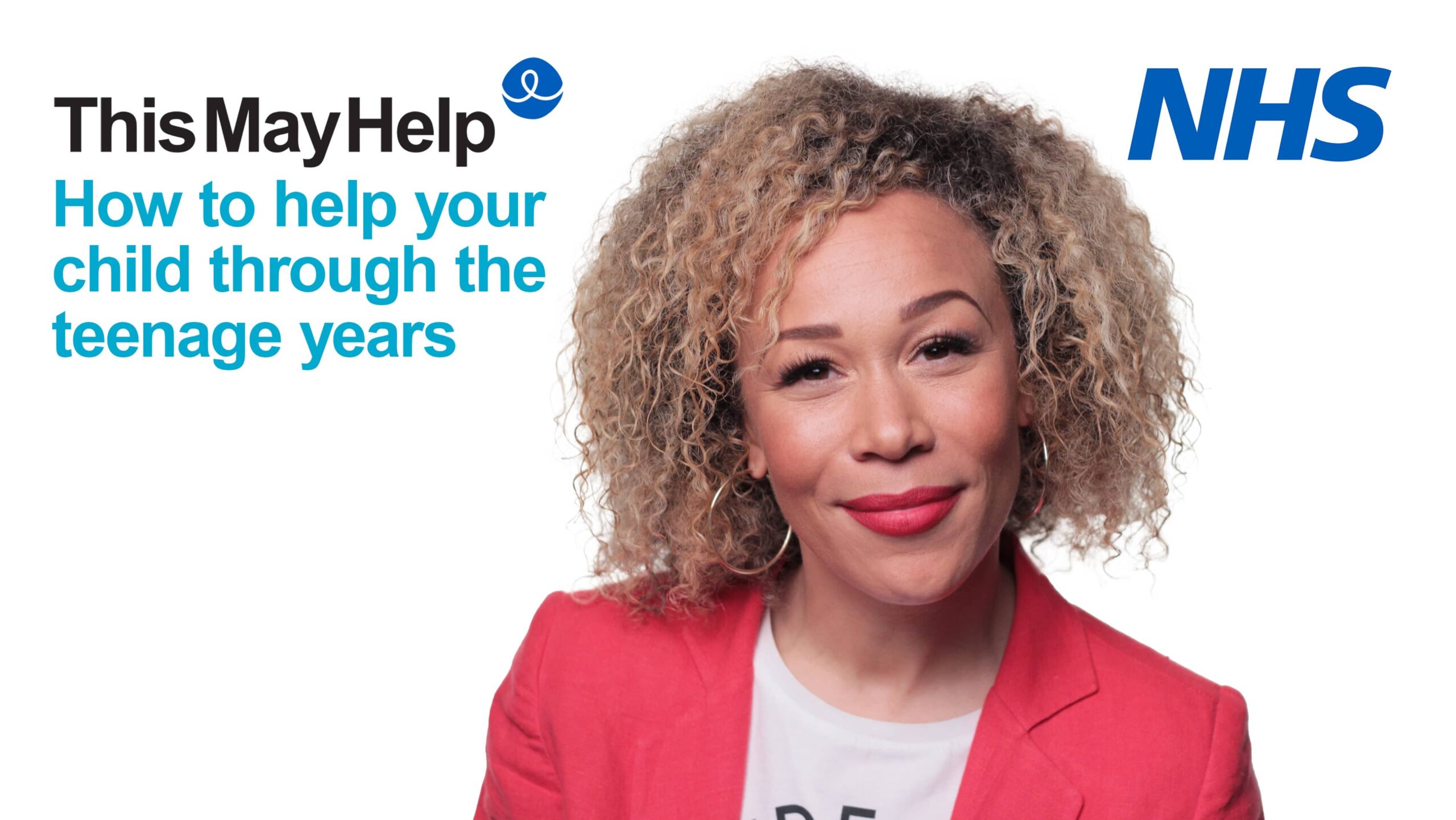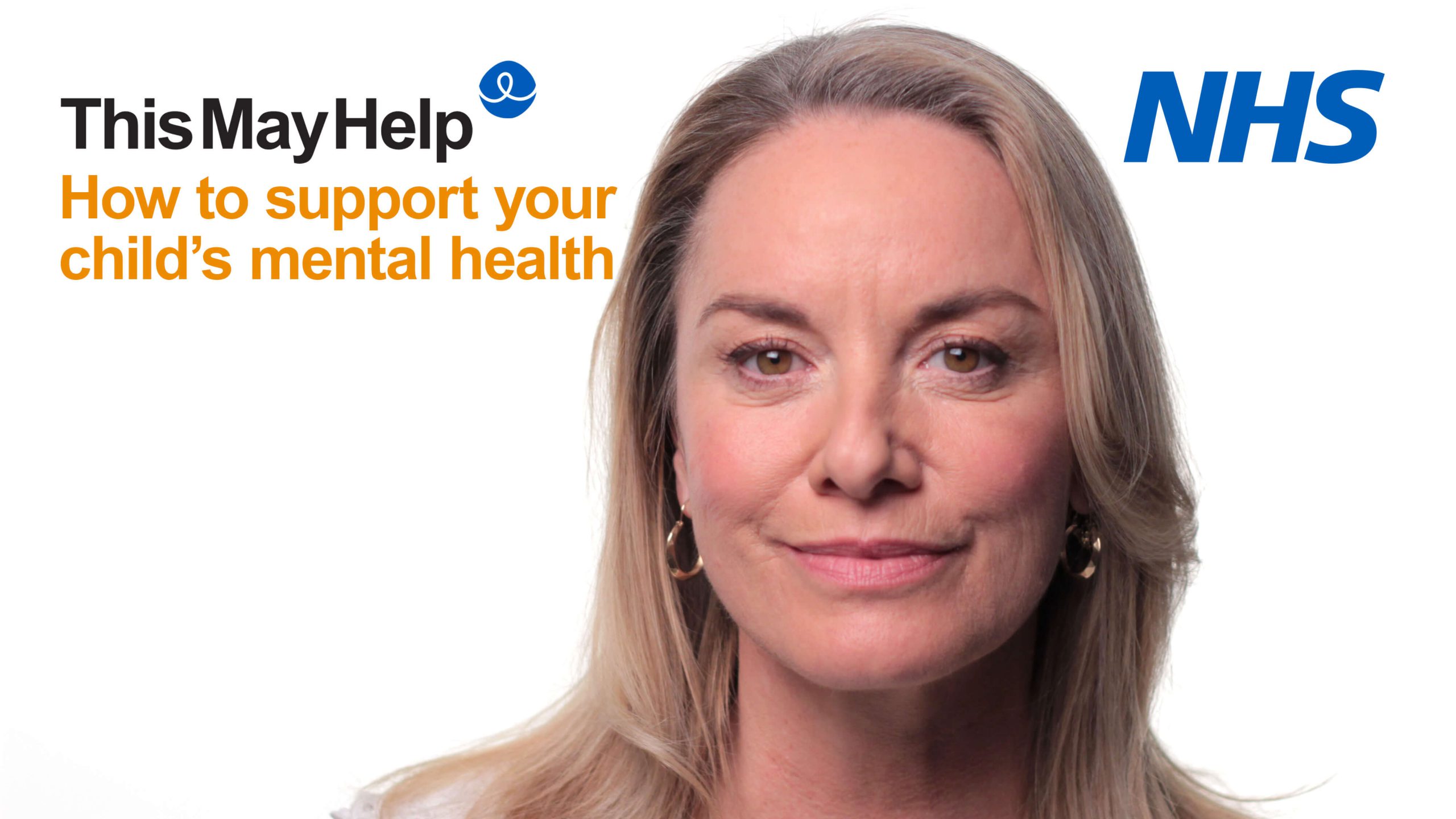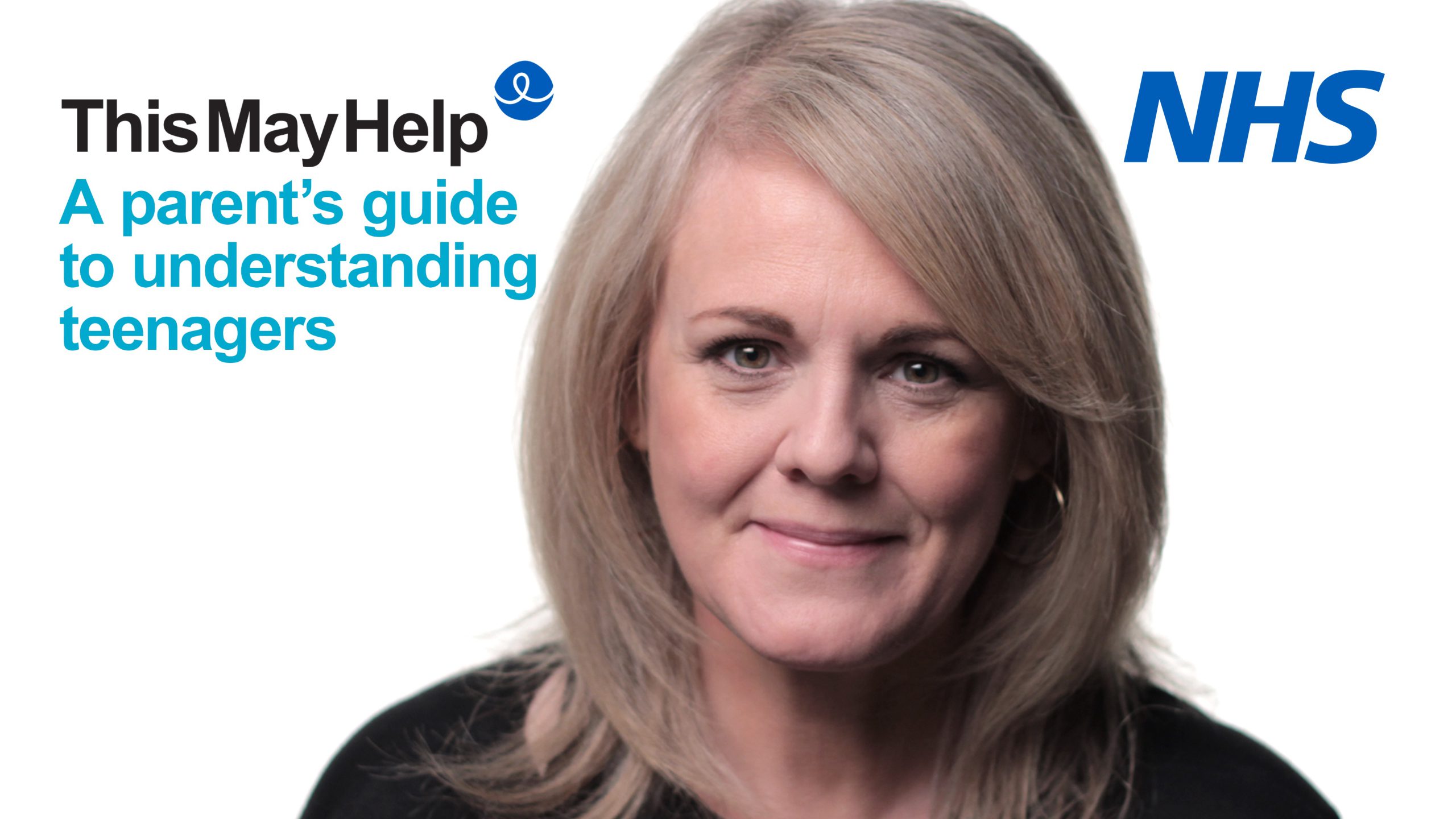Being a parent to a teenager can feel like a rollercoaster ride at times, and you can be left wondering what’s going on. In this video, Ria Hebden shares advice from NHS mental health experts on how parents can help to understand the teenage mind and to get through the challenges together.

More Support
1. Try to be patient
If your teenager is difficult to communicate with, often acts on impulse or behaves in ways that seem strange or excessive, it’s simply because the parts of the brain that deal with emotion, reason and language are still developing. We were all teenagers once, so try to be patient and remember that this phase will pass.
Some things to know about the teenage brain
- The brain continues to change throughout life but undergoes the biggest changes during adolescence, which is why teenagers can be so unpredictable.
- Changes to the part of the brain that deals with organising social structures are what cause teenagers to focus heavily on peer relationships and social experiences.
- Because the brain is still developing, teenagers are more likely to respond negatively to stress than adults, increasing the chances of them developing mental health issues.
- Melatonin works differently in teens to the way it works in children and adults, so they often want to stay up late and sleep in, which is usually at odds with school commitments. As a consequence, they may not be getting enough sleep, which is why good sleep hygiene is so important.
2. Try to see things from their perspective
Everyone’s perspective on the world is formed from their own experiences, and because teenagers don’t have many experiences to count on, they’re still trying to figure things out. While their attitudes, decisions or behaviours might not make sense to you, they probably make perfect sense to them, so try to see things from their perspective and think about why they may think and feel the way they do.
3. Understand their priorities
The brain makes sense of the world by categorising and organising things according to the value we give them, and what we value as adults is a lot different to what a teenager values. So don’t be surprised when the things that are important to you aren’t so important to them, and vice versa. If they’re upset by something that to you seems trivial, remember that it’s probably a big deal to them, so try to listen and be supportive. You may well have some advice for them, but check first to see if that’s what they want it, otherwise they may just feel like you’re giving them a lecture.
4. Help them to learn from mistakes
Teenagers want to fit in with their social group and so will often change their behaviour according to where they are and who they’re with. Getting things wrong can make them feel like their world is ending, so it’s important to listen, validate their feelings and offer them the support they need. Once their emotions have died down, help them see that it’s not the end of the world and that mistakes are a normal part of life they can learn from.
5. Share your experiences
Having open and honest conversations and sharing your own personal experiences, good and bad, about what you and your friends got up to and how it felt will help to build rapport and make them more likely to value your perspective. That way they’ll think about what you’ve said when they find themselves in similar situations, which might help them to make better choices and take fewer risks.
Some additional resources that may help.
- Dr John Coleman: My Teen Brain – 10 things you need to know http://www.jcoleman.co.uk/myteenbrain
- BBC Radio 4: Women’s Hour – The teenage brain: Seven things parents should know about adolescent behaviour https://www.bbc.co.uk/programmes/articles/29h0HQPw8L8xJmyNh1Ss7Qb/the-teenage-brain-seven-things-parents-should-know-about-adolescent-behaviour
- Fife Council: Understanding teenagers’ brains and behaviour https://www.fife.gov.uk/kb/docs/articles/education2/supporting-children-in-school/educational-psychology-service/teenagers-brains-and-behaviour
- For more advice on parenting a child with mental health issues, visit our dedicated page https://thismayhelp.me/parenting-a-child-with-mental-health-issues/
- NHS advice for supporting the mental wellbeing of others. Better Health: Every Mind matters (https://www.nhs.uk/every-mind-matters/supporting-others/childrens-mental-health/)
- For information on how to access NHS Mental health services visit https://www.nhs.uk/nhs-services/mental-health-services/
![]() Download a printable version of this advice
Download a printable version of this advice
![]() Download Ten things you need to know about the teenage brain
Download Ten things you need to know about the teenage brain




